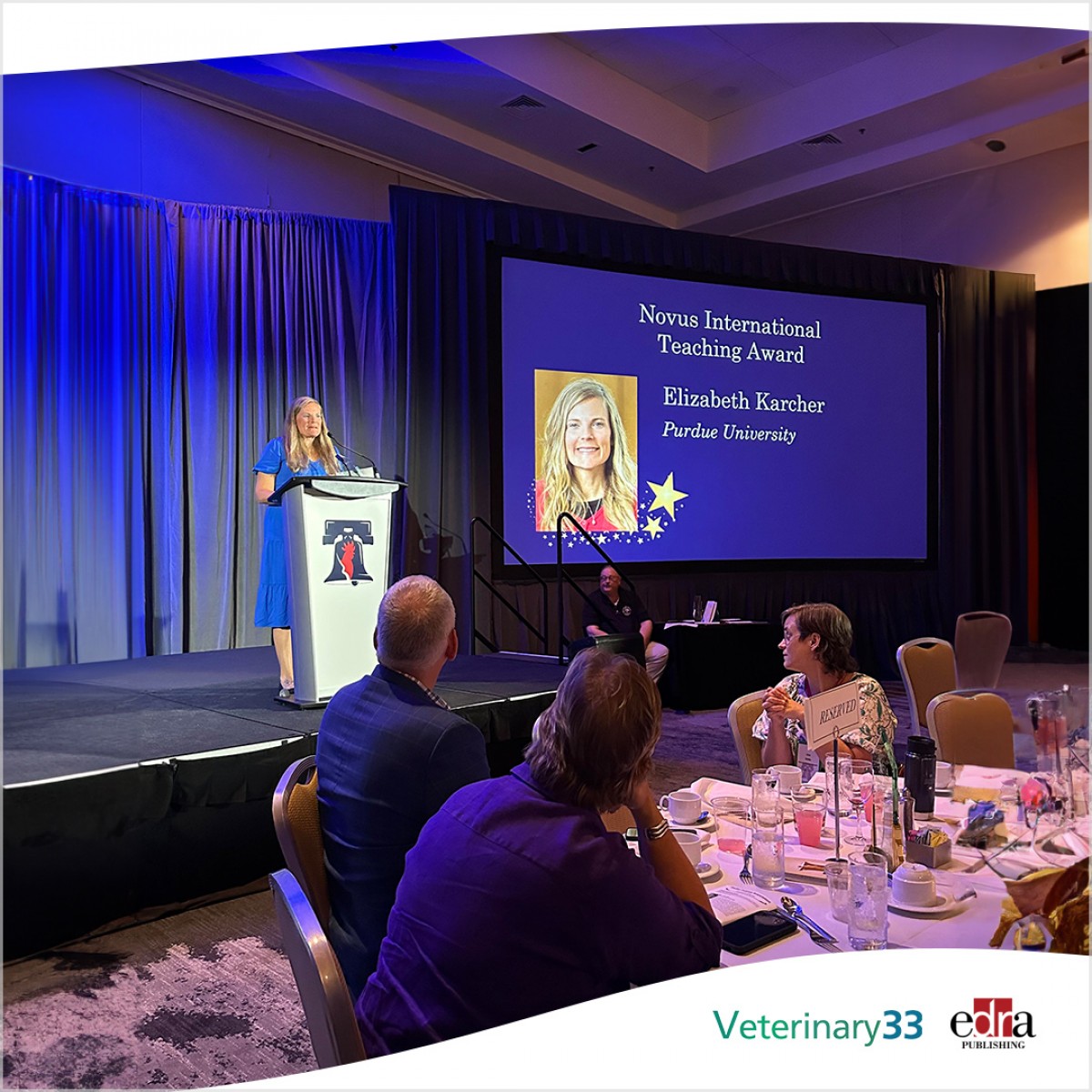National Farm Safety and Health Week
by Jenny Alonge
National Farm Safety and Health Week is recognized annually on the third week of September. Agriculture is one of the most hazardous U.S. industries, with an annual estimated death rate of 21.3 per 100,000 workers and an approximate 130,000 disabling injuries. The National Safety Council initiated this annual promotion, which has been proclaimed by each sitting U.S. President since Franklin D. Roosevelt in 1944.
The National Education Center for Agricultural Safety (NECAS), the National Safety Council’s agricultural partner, oversees the promotion, whose 2023 theme is “No One Can Take Your Place.” AgriSafe Network will host two webinars each day during National Farm Safety and Health Week to promote health and safety for agricultural industry workers.
All-terrain vehicle safety
All-terrain vehicles (ATVs) are commonly used to facilitate farm work, but they are dangerous equipment. Each year, an average 500 people die and 100,000 are seriously injured while operating ATVs, with nearly 60% of these fatalities occurring in agriculture. The course objectives are to ensure participants:
- Understand ATV hazards
- Evaluate their risk when using ATVs in farming activities
- Control their risk by following safe practices when operating an ATV
- Use appropriate Personal Protective Equipment (PPE) when operating an ATV
Chainsaw safety
According to the Centers for Disease Control and Prevention (CDC), approximately 36,000 people are injured by chainsaws every year. The intended audience for this course includes forestry and logging workers, including fallers, first-line supervisors and managers of forestry workers, logging equipment operators, sawing machine setters, operators and tenders, and truck drivers.
Preventing infectious disease spread in agriculture
This course addresses farmers, ranchers, and agriculture operators, who are essential in helping prevent infectious disease outbreaks, as well as ag safety and health professionals, rural healthcare providers, veterinarians, and ag community members. The objectives include:
- Reviewing prevention strategies for interrupting infectious disease transmission
- Identifying common disease transmission sources in agricultural settings
- Describing appropriate PPE for ag settings
- Locating resources for accurate and timely information for future infectious disease outbreaks
Infectious diseases in agricultural workers and cost-effective prevention measures
Agricultural workers are often exposed to infectious agents and zoonotic diseases that can lead to significant health complications, time away from work, and economic stress. Topics covered in this course include:
- Emerging, re-emerging, and long-standing infectious diseases that threaten agricultural workers
- Infectious disease transmission risk factors in agriculture
- Simple, low-cost solutions to decrease agriculture workers’ risk
Cardiovascular health in farm workers
More than 100 million U.S. adults have high blood pressure, many of whom do not know they are affected. High blood pressure is a major risk factor for heart disease, which is the number one cause of death in women in the U.S. Farm women who live in rural areas experience health disparities compared with the general population. According to AgriSafe’s Knesha Rose-Davison, women in rural health areas have poorer health outcomes, less access to care, and are at higher risk of death from ischemic heart disease than urban women. This course aims to educate farm women and men about high blood pressure and heart disease risk factors and to explain preventive measures that will curb these conditions.
Strategies to increase farm workers’ access to mental health services
Mental health issues and substance abuse—significant problems for farm workers—were highlighted during COVID. This course aims to increase awareness about mental health and stress issues in the farm worker population, increase skills for discussing these issues, and provide accessible resources for farm workers.
Confined spaces on dairy farms
Confined spaces are recognized as workplace hazards in agricultural production settings. For example, manure storage facilities meet the definition of a confined space, because they expose workers to toxic gasses and other hazards, yet they often aren’t acknowledged as a confined space. This course aims to help participants define a confined space, so they understand how manure storage facilities meet confined space criteria and how dairy farm manure storage facilities can contribute to worker fatalities, and to learn management practices for dairy farm confined spaces to help mitigate risks.
Strategies for grain entrapment prevention and response
Grain can exert immense power, and statistics of grain entrapment incidents are alarming. Course objectives include:
- Explaining the different grain entrapment types and their prevalence
- Raising awareness about the pressure that grain exerts and the implications for injuries and fatalities, to highlight the need for caution and preventive measures
- Differentiating between youth and adult entrapments, and tailoring strategies that will increase every individual’s safety
- Exploring effective strategies that will minimize the need to enter grain bins, with a focus on proactively preventing entrapments
Conversations on Access to Lethal Means (CALM)
CALM was developed as a workshop for mental health professionals, but is now offered to communities, because the training can benefit everyone. The course provides suicide prevention training that encourages safe storage of lethal means, such as firearms and medications, during a suicidal crisis. Temporarily putting time and distance between a suicidal person and a lethal means may save a life.
Protecting your brain from stress
Agricultural workers are at high risk for stress caused by issues such as drought, market swings, sick animals, and rising feed prices, and chronic stress negatively affects mental, emotional, and physical health. This course aims to help participants assess their chronic stress risk and to understand why agriculture must include a stress management plan. Experienced agricultural workers will offer practical ideas that help mitigate stress and teach participants how to proactively plan for stress using the SMART approach.
To learn more about National Farm Safety and Health Week, or to register for a course, visit AgriSafe Network’s website.














List
Add
Please enter a comment